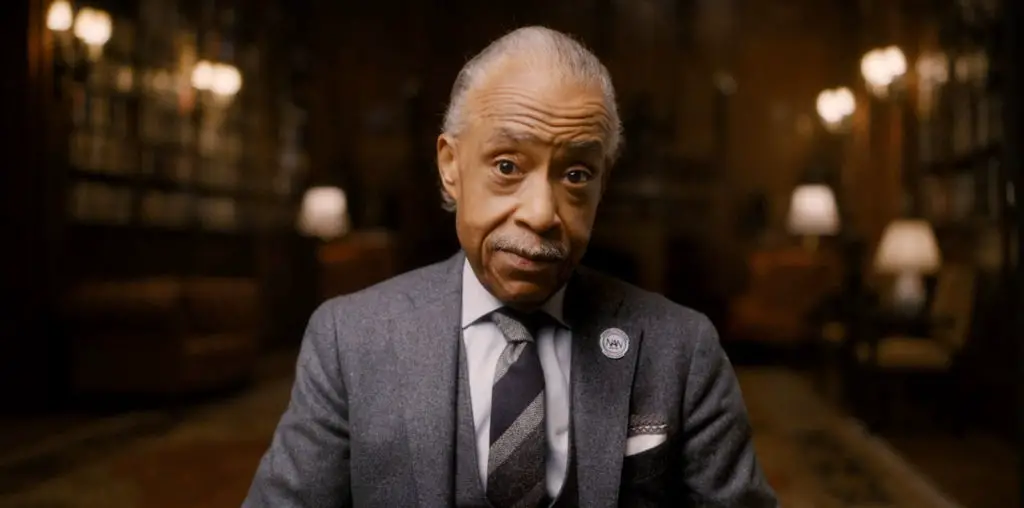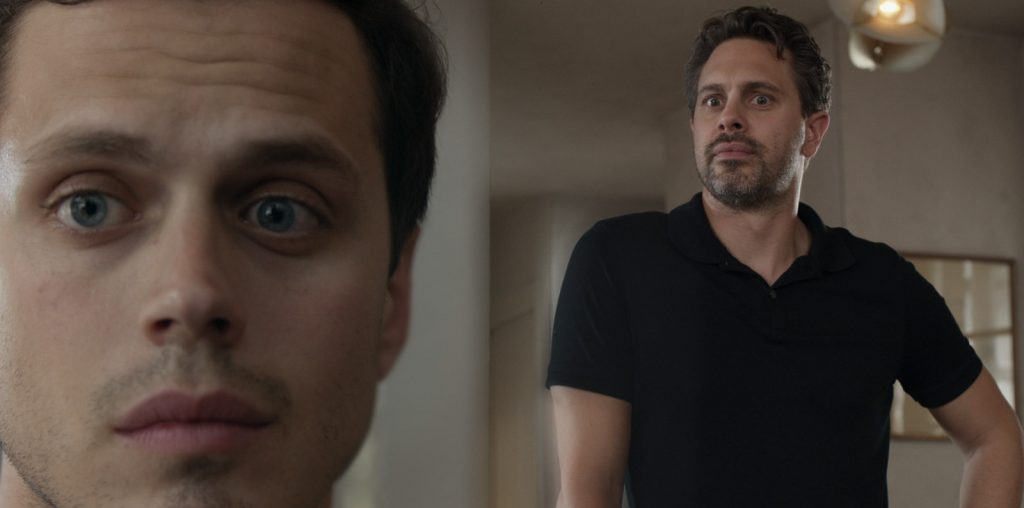
In his first solo effort since exploring the struggles of baseball player prisoners at San Quentin (“Bad Boys of Summer”), rooster fighting (“Cockfight”), immigrant baseball players (“Change Up”), and arm wrestling while paralyzed on one side of the body (“One Strong Arm”), all with filmmaker Tiller Russell, Loren Mendell pores over the life and unique times of Petey Greene, the Washington, D.C. radio host and TV personality recently portrayed by Don Cheadle in “Talk to Me.”
Mendell is not the only one thinking about Petey, and seeing how far his influence stretched, and putting forth the lessons to be learned and lived by Greene’s example. He’s gathered together a community of names and faces, such as Sugar Ray Leonard, who appeared on Greene’s radio show at 14 years old, touted by Greene as one to win a gold medal. He’s lucky to have Don Cheadle narrate, as Cheadle joins in the reverent awe toward Greene, each word spoken by him out of a deep respect and he most certainly has that. After all, playing a man like Greene, one who brought the real parts of Washington, D.C. together after the death of Martin Luther King, Jr., just by talking on the radio, that’s got to be an unforgettable experience.
Mendell captures exactly who Greene was just in the title alone. “Adjust Your Color: The Truth of Petey Greene.” No way should you think that there’s going to be some expose looking at those unseemly aspects of Greene’s life. Because depending on what kind of person you are, there’s a lot that might look unseemly. And had Mendell intended that—and this is most interesting—then the “of” in the title, would have been “about” instead.
The truth of Petey Greene is that he wanted people to know what he felt, what he thought about the state of the Washington, D.C. he lived in. And Greene wanted people to adjust their color, to see what he saw. I don’t think he expected them to agree with it, but just to see that the problems he saw were there, were rampant, and there needed to be change. He challenged politicians. If a politician grew uncomfortable with the line of questioning coming from Greene, then Greene knew that that politician was a fake and a phony, according to Dewey Hughes, Greene’s former manager. Through his opinions, he told people to speak their minds, to never hide what they truly feel.
The life of Petey Greene should be learned by teenagers in middle school and high school, that no matter what your circumstances are in life, you can get up and try to better yourself and your family and those around you. Perhaps not that grandiose right away, but you can start with yourself. Greene was raised by his grandmother, whom he worshipped for giving him life that led him to speak out to the people he wanted to help the most, and then went into the Army; was discharged for drug abuse; did a 10-year stint in prison for armed robbery and came out, vowing never to return to prison. And he didn’t.
Mendell’s greatest strength, as a co-director of photography with Nickolas Rossi, and as director, is a few moments of Greene’s radio show on the soundtrack, set against panoramic views of modern-day D.C., to demonstrate how far his voice reached and how many people listened and watched, from radio to television, from the late 1960s until Greene’s death. Those people who listened may not be there anymore, but Greene still is, through the United Planning Organization community center that bears his name, populated by good-hearted souls looking to help out those desperately in need, to make life better and more promising.
This is the kind of documentary that should be picked up by a label like Docurama, on two discs, with audio commentary, extra footage from “Petey Green’s Washington,” (if there is any outside of what’s here) and more interviews with Hughes, former Washington D.C. mayor Marion Barry, sportcaster James T. Brown and others. As if the film itself isn’t already an involving experience, this DVD set could be just like Greene himself sitting in your living room and telling you what needs to be done in D.C. Hello? Docurama? I know you’re out there! You can’t hide behind that quality name. Get to it!

